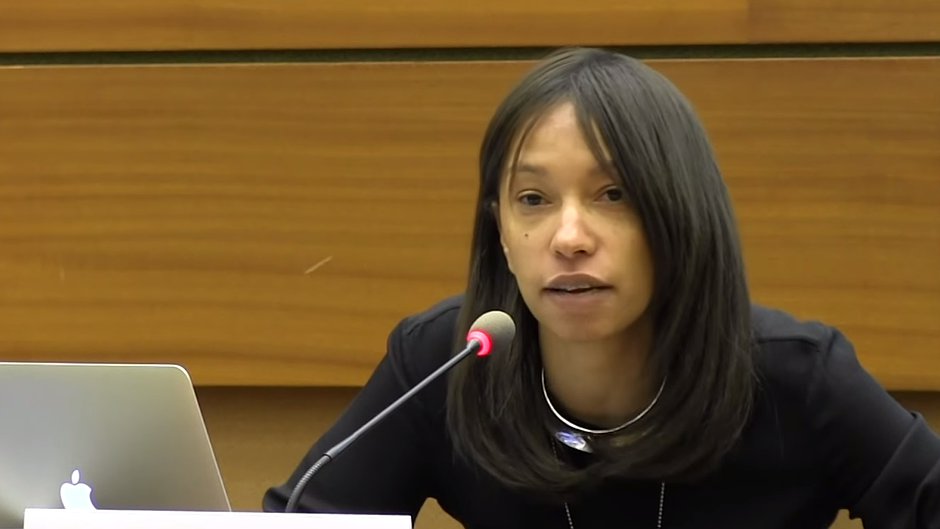Advocacy
90 mins
Documenting and reporting human rights abuses using testimony
- Abstract:
- In this course you will learn how to interview victims of human rights abuses and how to correctly document their cases. You will also learn the basics of human rights law and how to report rights violations to international bodies. The CUNY Brooklyn College course is taught by UN expert and human rights professional Rose Parris Richter.
- About this course:
- This course is designed for human rights activists who want to learn how to document human rights abuses using interviews and testimonies with witnesses and victims. You will receive an introduction to international human rights law to help you prepare your research and formulate interview questions. You will learn how the professionals guide an interview towards the most important and accurate information, and then report this information in a clear and credible way. UN expert and human rights professional Rose Richter will provide you with the fundamental skills needed to effectively document and raise awareness about human rights abuses.
- What do I learn:
- By the end of the course, you will be able to accurately document violations of international human rights through thorough interviews with victims and witnesses of human rights abuses. You will know how to speak to an interviewee, what to look for during interviews and how to best communicate your findings to the UN and other international bodies.
- What do I need to know:
- This course is is suitable for anyone who wants to research human rights violations and interview victims and witnesses of rights abuses and write good reports that can help affect policy outcomes.
Trainers
- 1.1 Introduction to the presenters & course material1.2 Introduction to Human Rights Reporting
- 2.1 What are human rights?2.2 What are International Human Rights Laws?2.3 International Law2.4 Knowing the law so you can spot the human rights violations2.5 Issue Spotting
- 3.1 Choosing a topic3.2 Inspiration and examples3.3 An introduction to testimony-based research3.4 Getting informed consent3.5 Choosing your sources
- 4.1 Gathering testimonies - interview techniques4.2 Dealing with sensitive cases and avoiding re traumatisation4.3 Establishing credibility4.4 Asking the right questions
- 5.1 Bringing it all together5.2 Writing a report based on testimony and data5.3 Perfecting your report5.4 Reporting your findings
- 6.1 Wrap up
Related courses
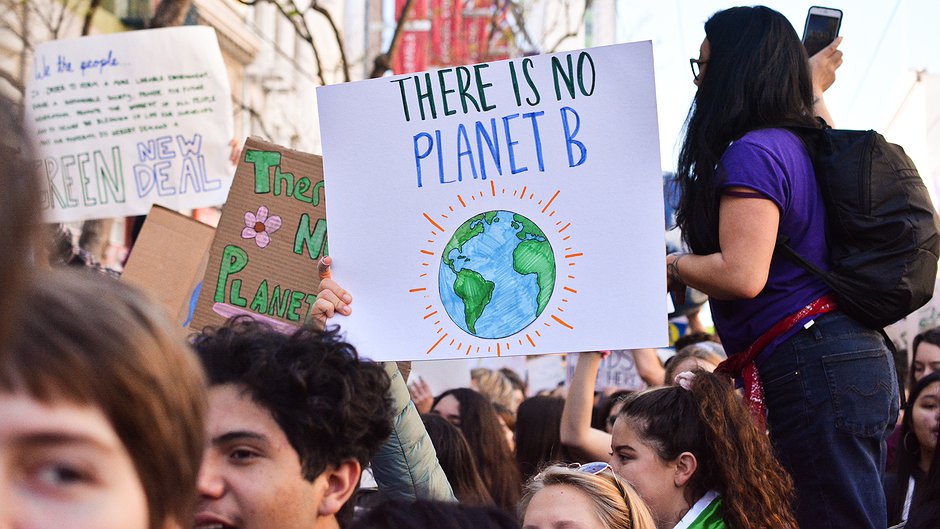
40 mins
 Greenpeace Mob Lab
Greenpeace Mob Lab
40 mins
 Greenpeace Mob Lab
Greenpeace Mob Lab
40 mins
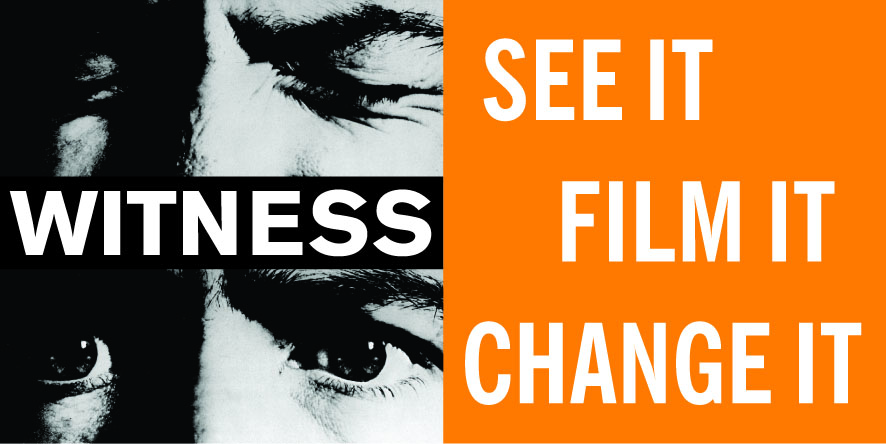 WITNESS
WITNESS
40 mins
 WITNESS
WITNESS
Suggested reading
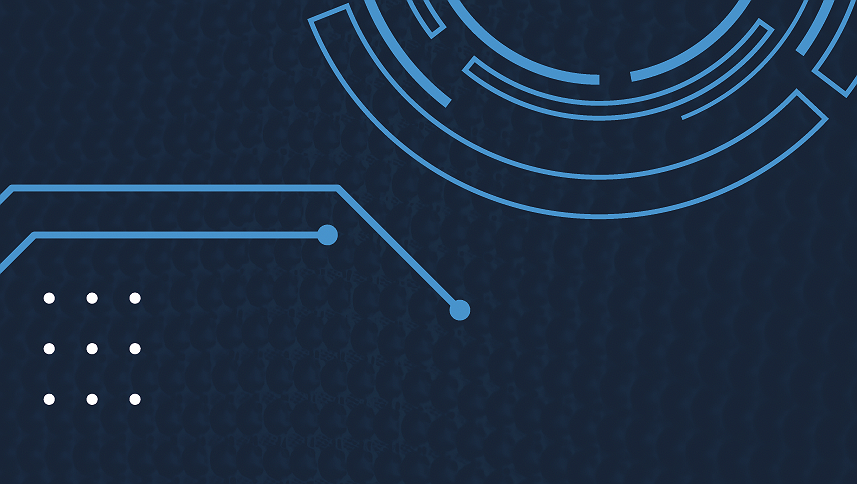
Blog
Building Capacity for Monitoring & Documenting Human Rights Violations
The purpose of this assessment is to evaluate the efficacy of strategies used by HRPs/HRMOs for communicating during blackouts. The goal of this project envisages to see a ZimbabweanCivilSociety that is prepared to document and monitor human rights violations without hiccups during internet shutdowns.
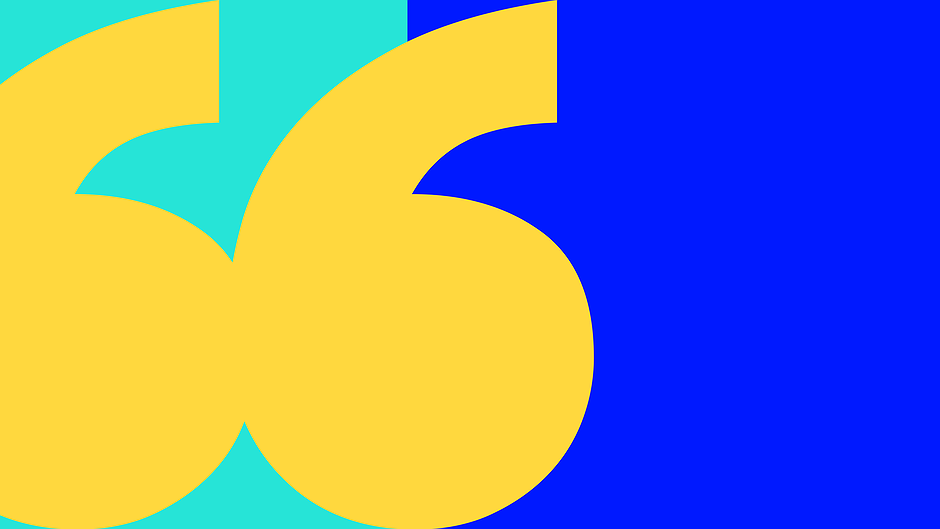
Blog
Advocacy Assembly Internet Shutdown Academy: Creative Strategies to Fight Back
Internet shutdowns are occurring increasingly globally, posing significant threats to freedom of expression, access to information & economic growth. These shutdowns manifest in various forms through different technical measures & are implemented by governments in various circumstances. Responding to this threat of internet shutdowns, Advocacy Assembly designed the Internet Shutdown Academy, a set of 10 full online courses in 7 languages!
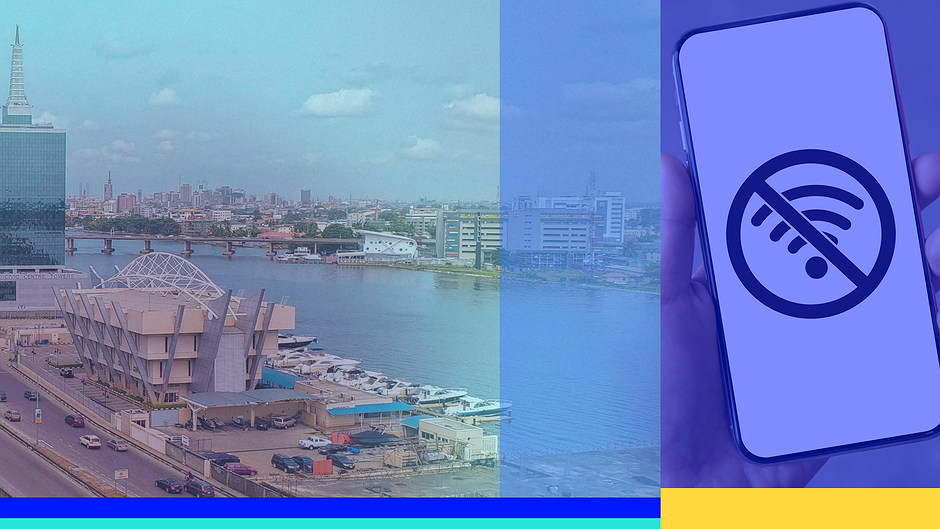
Blog
Evaluating the Efficacy of State-Imposed Telecom Shutdowns in Northwest Nigeria
This article casts doubt on the shutdowns' effectiveness in curbing banditry, exposing alternative explanations for any temporary decrease in attacks. It questions the legitimacy of justifying these shutdowns as effective counter-terrorism measures, advocating for alternative approaches that prioritize community engagement, human rights, and development initiatives to address the root causes of insecurity and foster lasting peace in Northwestern Nigeria and Nigeria at large.
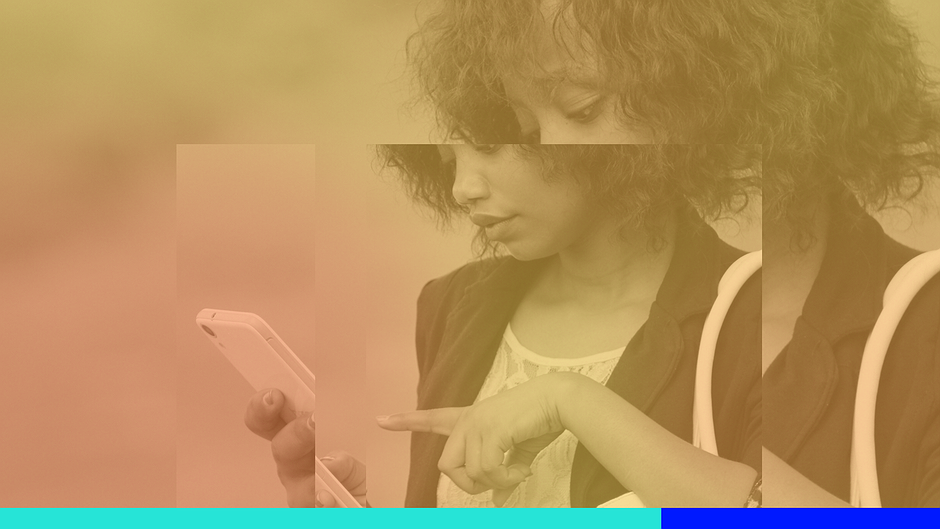
Blog
Impact of the Twitter Ban in Nigeria
This post is a research study on the impact of the Twitter ban in Nigeria on Human Rights Monitoring, Advocacy and Creativity. Read more.
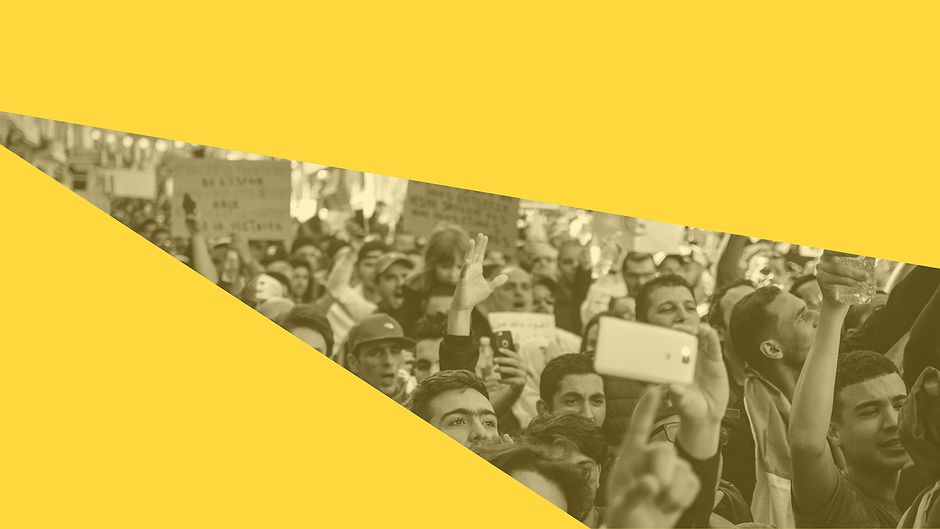
Blog
Four Free Toolkits to Fight Internet Shutdowns
Let’s tell you a little bit more about each toolkit!
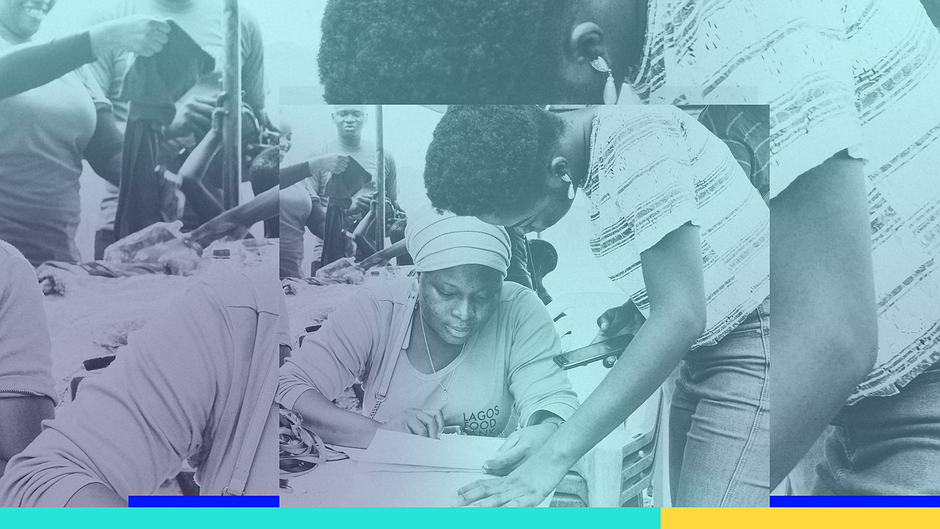
Blog
The Impact of Internet Disruptions on Farmers in Nigeria
In Nigeria’s Northwestern Sokoto State, farm workers grapple with geopolitical challenges, shifting climate realities, and economic turbulence. However, they now face a new, growing threat: a troubling rise in internet disruptions, which threatens their ability to work in an increasingly digitally connected world. Read more.
